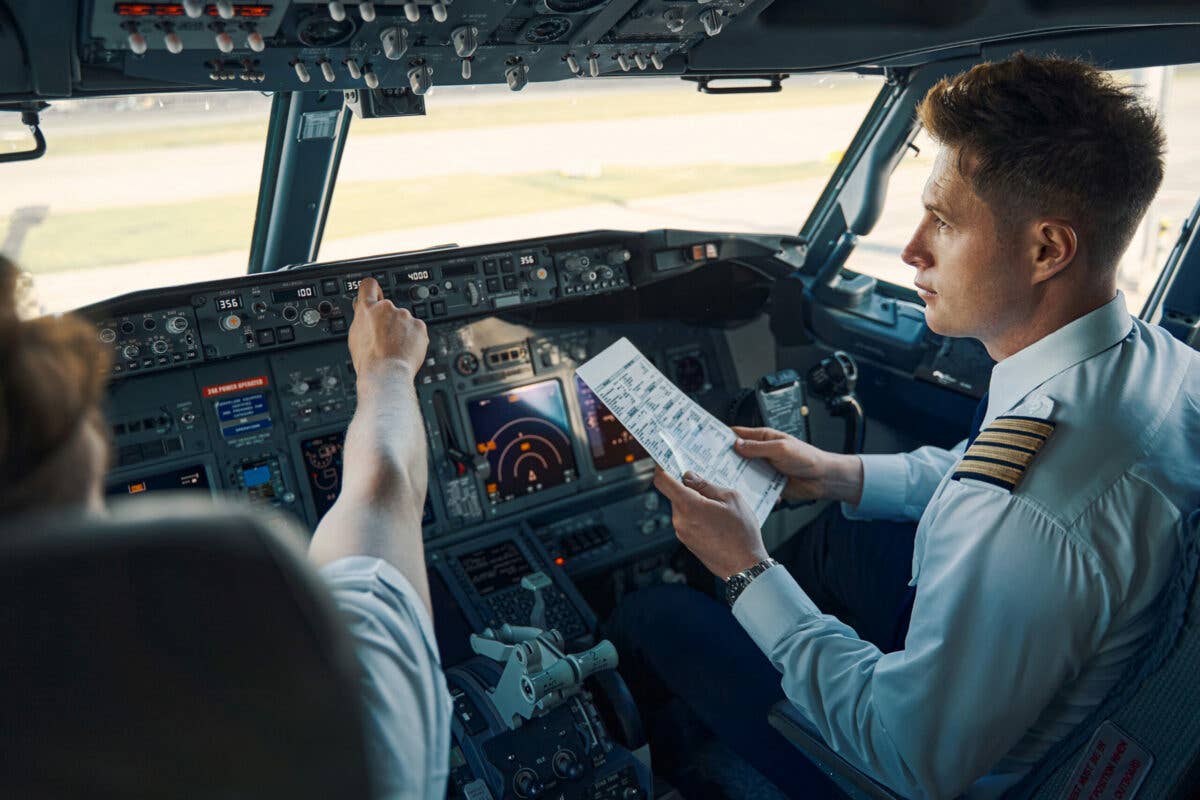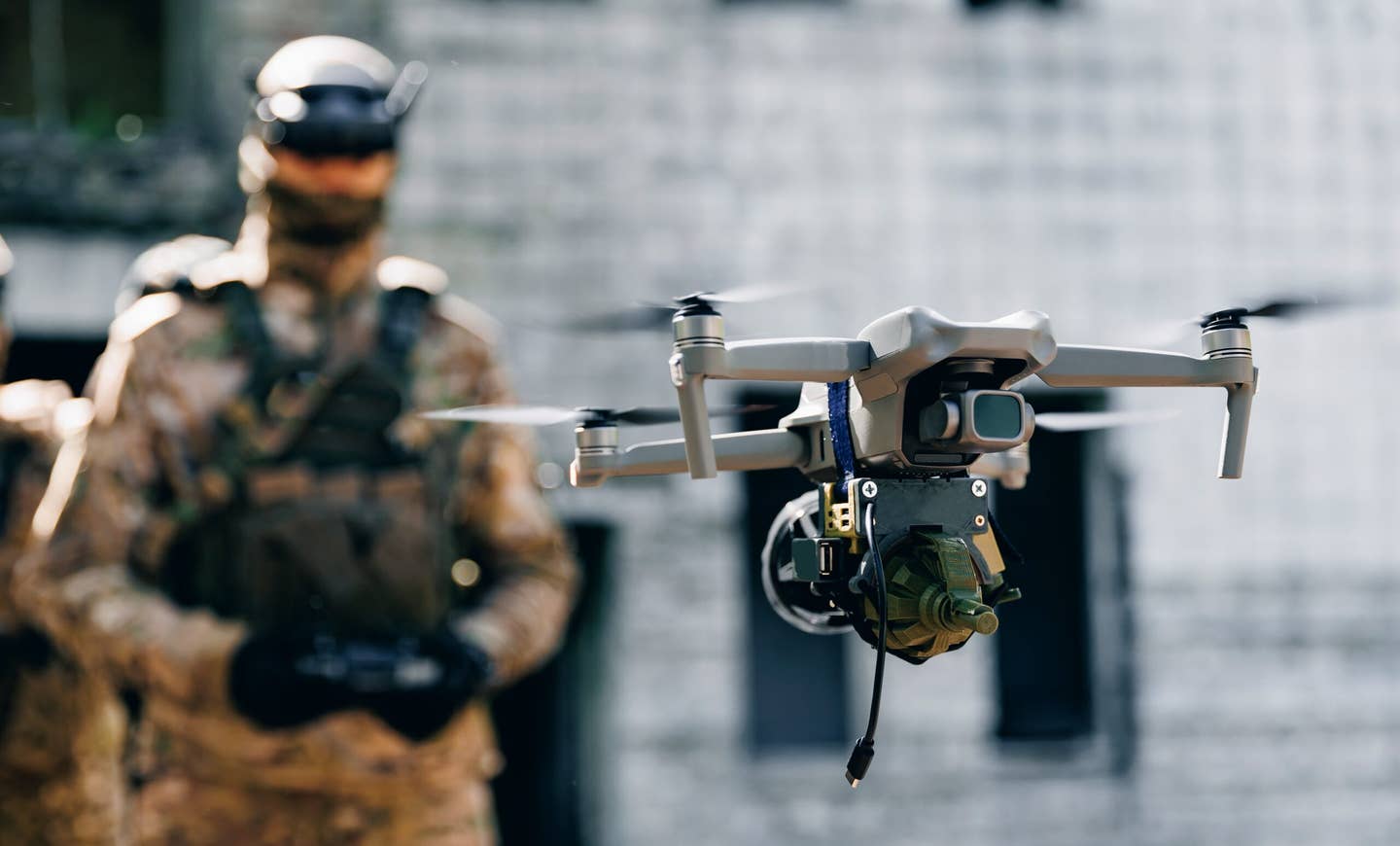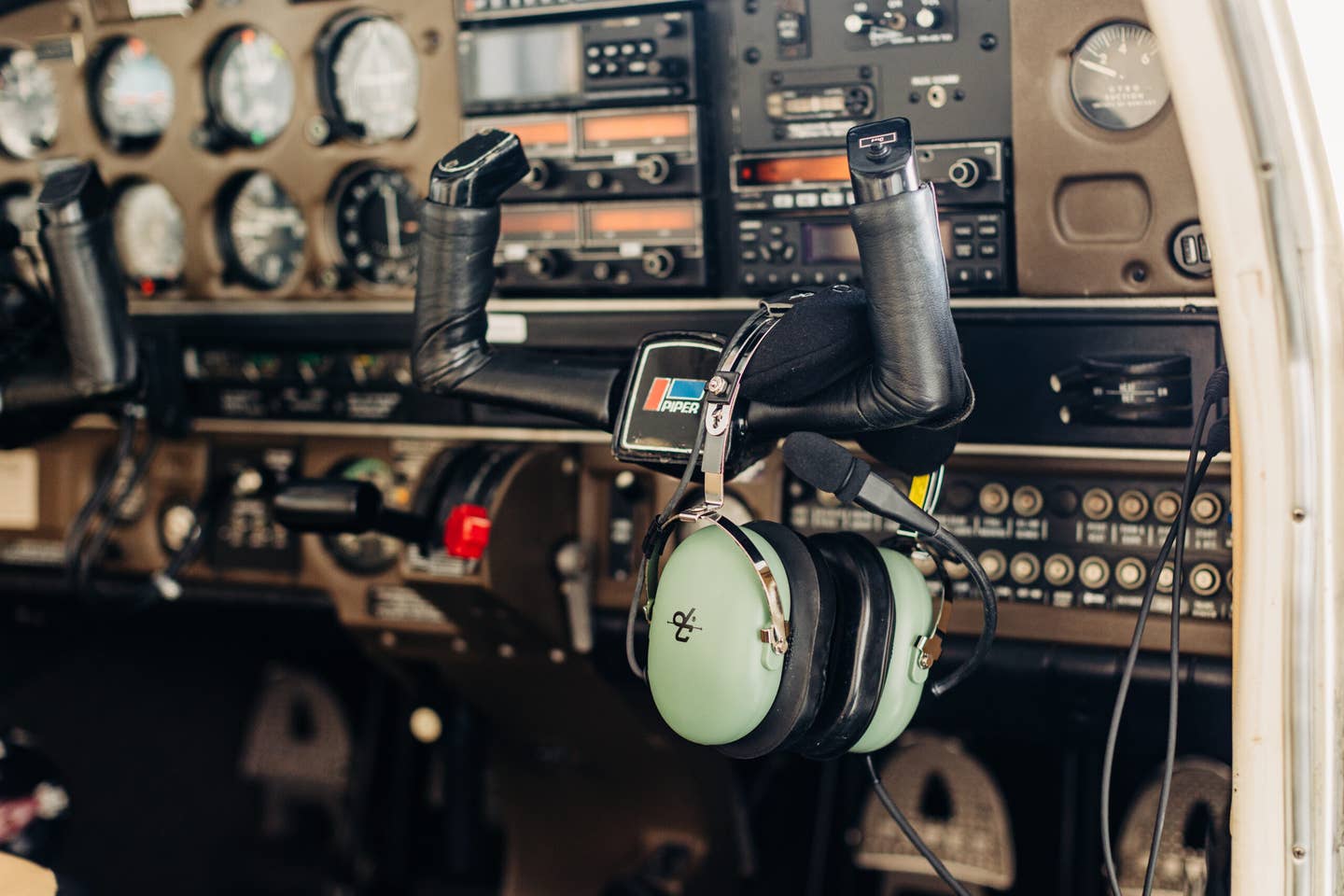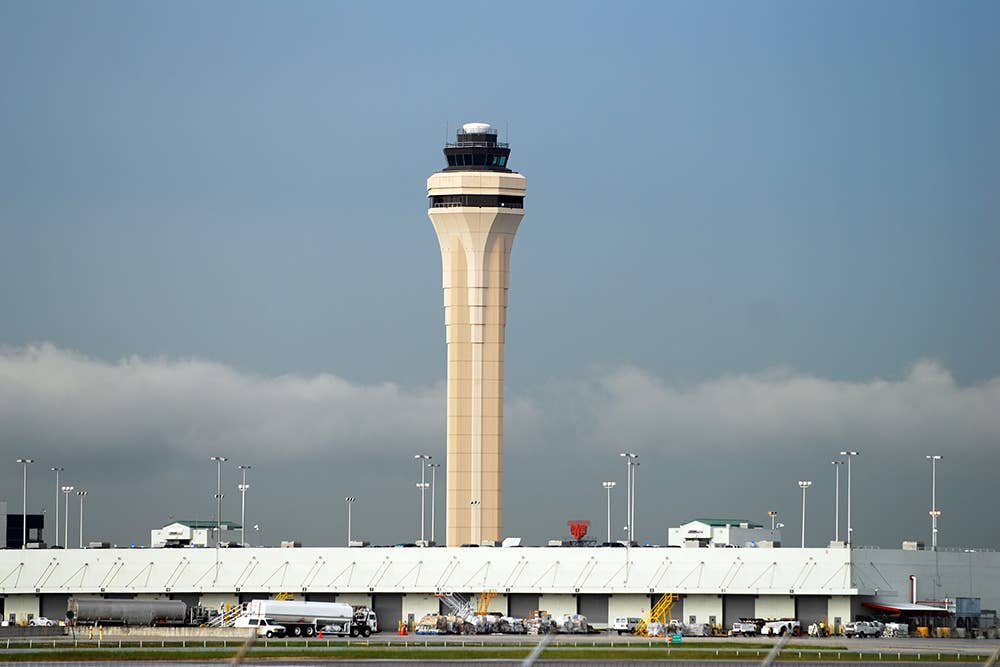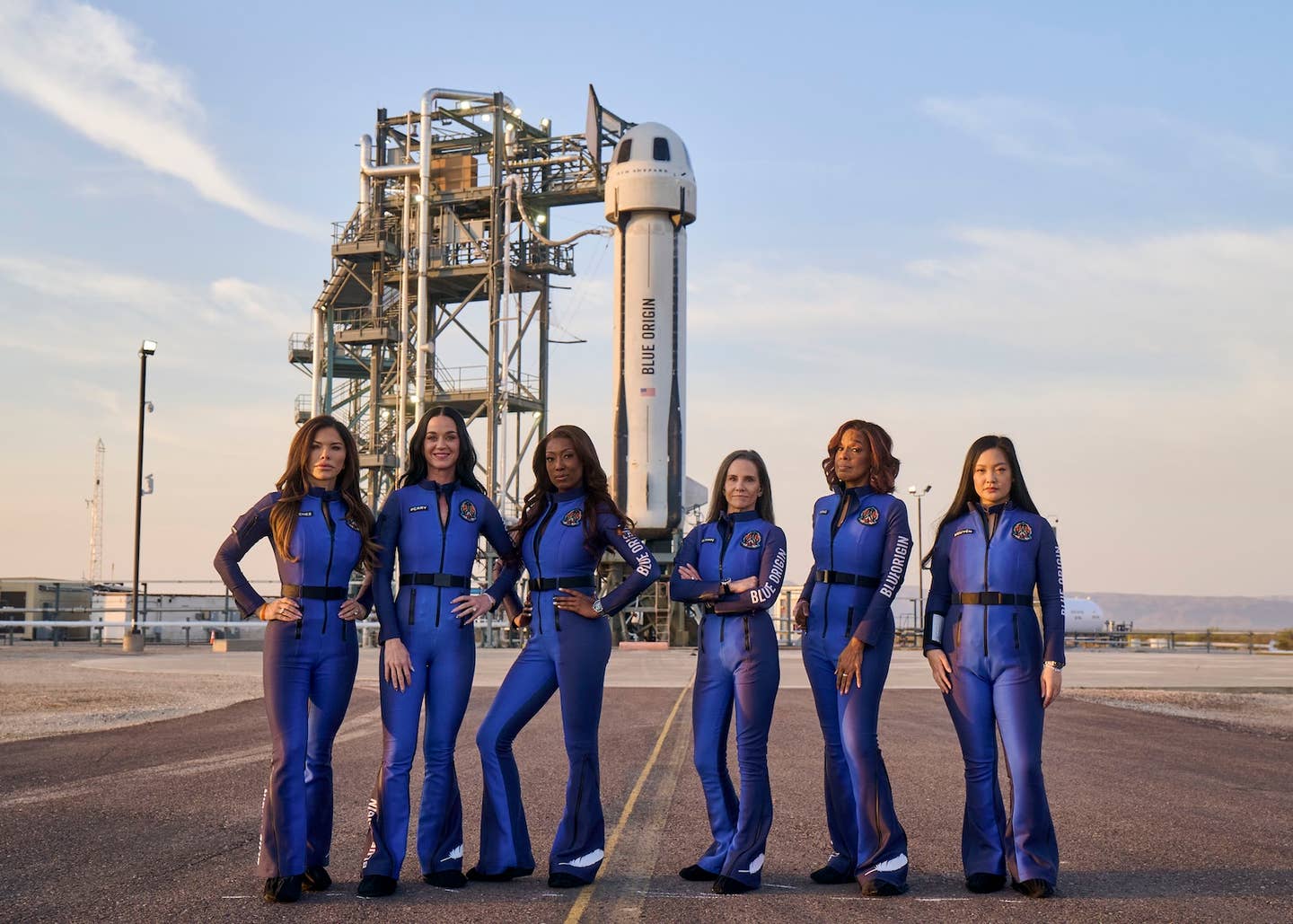NASA Sets Tentative End-of-Month Deadline on Starliner Decision
Agency officials are weighing the risks of sending two NASA astronauts home from the ISS on the Boeing spacecraft.
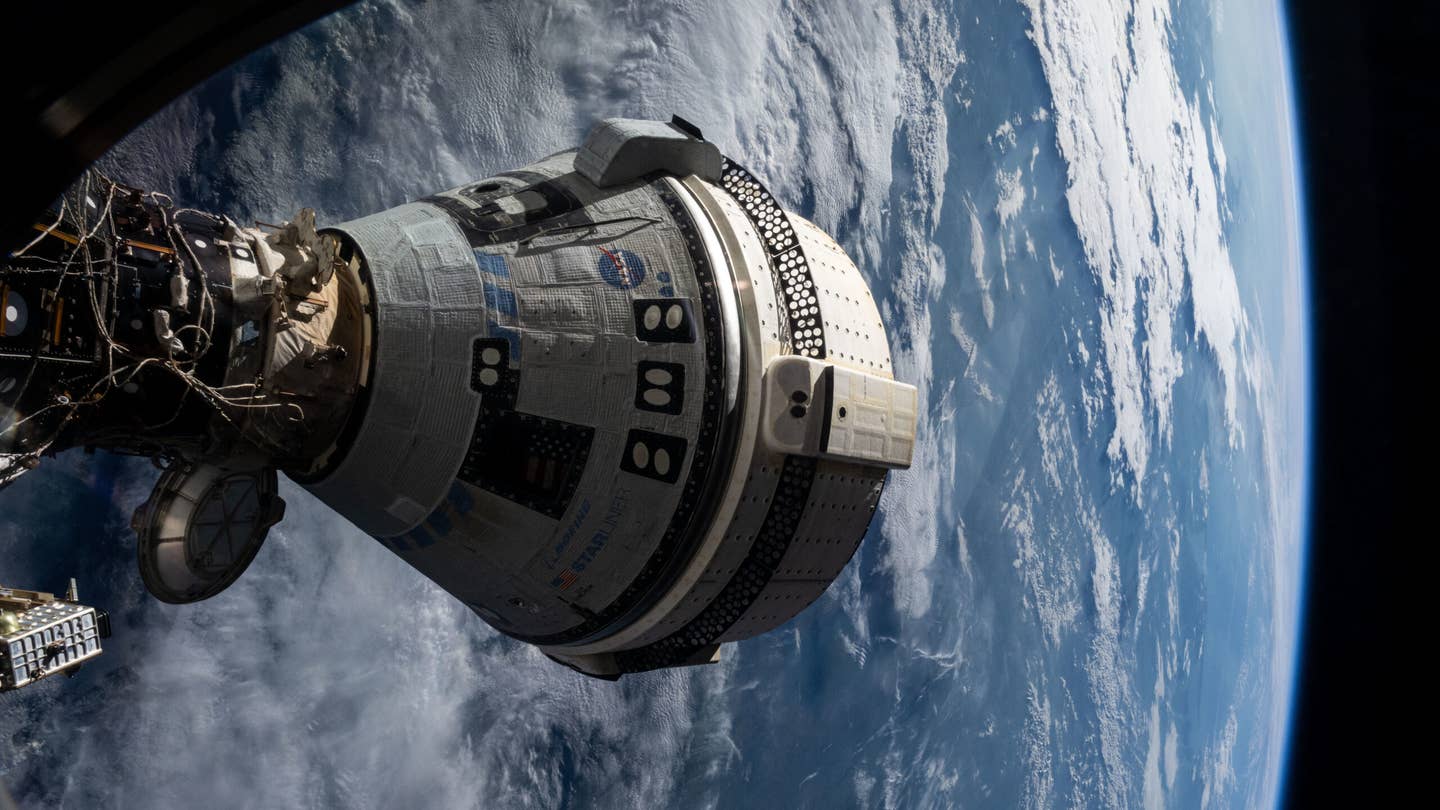
Boeing’s Starliner capsule brought NASA astronauts Butch Wilmore and Suni Williams to the ISS in June, but it may not bring them home. [Courtesy: NASA]
NASA on Wednesday said it plans to decide by the end of the month whether to return astronauts Butch Wilmore and Suni Williams—who have been on the International Space Station for more than two months—to Earth using Boeing’s Starliner spacecraft.
The semireusable space capsule is in the middle of its inaugural crewed flight test (CFT), a test mission that was intended to last around eight days but could be stretched to eight months if NASA decides against flying it home with crew. In that case, SpaceX’s Crew Dragon, which is scheduled to fly another crew of astronauts to the ISS on September 24, would return Williams and Wilmore in February, the space agency said last week.
Starliner was intended to fly the astronauts to the ISS for a few days of research and evaluations before returning them to Earth a few days later. But on its way to the orbital laboratory, NASA identified five reaction control system (RCS) thrusters on the capsule’s service module—an expendable component—that did not fire at full strength.
The decision was made to keep Starliner docked to the space station while NASA and Boeing crews performed testing and data analysis on the ground at White Sands Test Facility in New Mexico, as well as a few hot fire tests of the thrusters on orbit.
Officials have said that the machinery is now working at or near expected levels, but engineers are still working to determine what caused the issue and ensure it doesn’t reappear on the return trip. NASA has brought in propulsion experts from different branches, including the Glenn Research Center, Goddard Space Flight Center, and Jet Propulsion Laboratory, to gather outside opinions.
As a result, Starliner’s return has been delayed several times, most recently after NASA announced that a flight readiness review would be pushed from this week to next. That meeting will pull together stakeholders from across the agency in order to make a final decision on how to return the crew. If stakeholders cannot settle on a plan, the decision will be kicked up the ladder to NASA Associate Administrator Jim Free or Administrator Bill Nelson.
Now, according to Ken Bowersox, associate administrator of the agency’s Space Operations Mission Directorate, the flight readiness review will take place either at the end of next week or the start of the following.
According to NASA chief astronaut Joe Acaba, Wilmore and Williams will have to abide by whatever stakeholders decide.
“They will do what we ask them to do,” Acaba said Wednesday. “This is not really a preference thing. They are going to wait for us to analyze the data and come up with a decision.”
Absent from Wednesday’s briefing were officials from Boeing, but officials said company representatives have been involved in key meetings and data analysis.
If NASA opts to use SpaceX’s Dragon, it could send the spacecraft up with two crewmembers instead of four, as planned, to leave room for the astronauts to hitch a ride when the mission concludes in February.
Like this story? We think you'll also like the Future of FLYING newsletter sent every Thursday afternoon. Sign up now.

Sign-up for newsletters & special offers!
Get the latest FLYING stories & special offers delivered directly to your inbox

